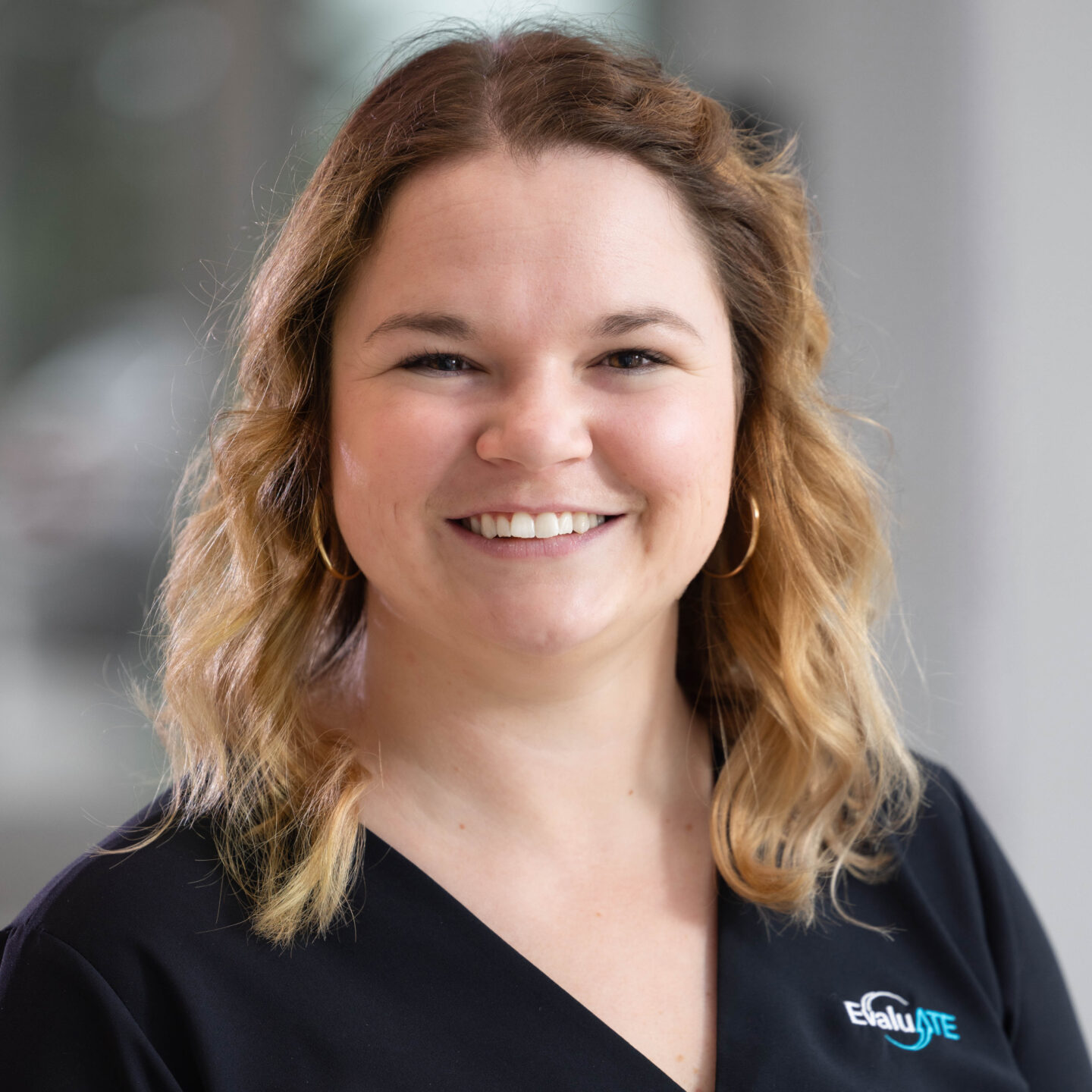History
The Evaluation Center at Western Michigan University (WMU) first conducted the ATE Survey in 2000 as the evaluator for the ATE program. When WMU shifted from filling the program evaluator role to building ATE grantees’ evaluation capacity, we continued to conduct, analyze, and report on this annual survey of ATE principal investigators.
The ATE Survey is the only survey of its kind that gathers information from all ATE grantees annually. The questions on the survey have shifted throughout the years, but they have always focused on collecting insight on the activities and achievements of ATE projects.
Findings from the ATE Survey are used by ATE grantees, grant seekers, and NSF program officers for project and program planning and improvement. NSF provides the ATE Survey report to Congress as evidence of the productivity of the ATE program.
EvaluATE received funding to support a major revision and update of the ATE Survey in 2018–19. The purpose of this revision was to increase the accuracy and utility of data collected to better represent the ATE program. To inform this revision, our team gathered input from 70 ATE PIs, evaluators, and NSF program officers through interviews, focus groups, reviews, pilot surveys, and think-alouds.
In 2019, EvaluATE received funding to support the development of an online, interactive data dashboard and a series of reports that analyze survey data across time.
Using the ATE Survey for Research
EvaluATE collaborates with ATE and STEM education researchers to include questions in the final section of the ATE survey to conduct research on issues related to technician education, or to further understand a specific theme in ATE. This section is referred to as “Special Topic Questions” and changes from year to year.
Prior special topics have included:
- Understanding the Economic Development Role of Technician Education by Rutgers’s Hidden Innovation Infrastructure targeted research project (2023)
- Assessment of professional development activities for educators by the Formative Assessment Systems FAS4ATE (2022)
- Future trends, priorities, and challenges of ATE by the Future of Work project (2019)
- Accessibility concerns in ATE by AccessATE (2018)
- ATE collaboration with business and industry by Working Partners (2016–17)
- Industry-college collaborations in instructional program planning by Louise Yarnall (2013)
“The EvaluATE team was fantastic to work with to develop questions for the ATE survey special topics section. The timeline and process for this was very clear, and they provided great feedback and support to craft good questions to gather informative data for our targeted research.” — Michelle Van Noy
EvaluATE also provides ATE Survey data to ATE and STEM education researchers who are interested in conducting further analysis using the data set. Such use of the data has resulted in peer-review publications, funded ATE proposals, and sample construction for future research.
The following publications have been informed by data collected from the ATE Survey:
- Boyce, A. S., Tovey, T. L. S., Onwuka, O., Moller, J. R., Clark, T., & Smith, A. (2023). Exploring NSF-funded evaluators’ and principal investigators’ definitions and measurement of diversity, equity, and inclusion. American Journal of Evaluation, 44(1), 50–73.
- Slowinsky, M., & Bower, R. (2021). Partnership Models developed by the Working Partners Project.
- Garza Mitchell, R., & Horvitz, B. (2017). Online technical education in the community college. Community College Journal of Research and Practice, 41(6).
- Wingate, L. A. (2017). Advancing research in the National Science Foundation’s Advanced Technological Education program. Community College Journal of Research and Practice, 41(6), 370-373.
- Bouda, K., & Bower, R. (2015, July 15). Creation, dissemination, and accessibility of ATE-funded resources. [blog].
- Yarnall, L. (2013). Meeting 2020 workforce goals: The role of industry–college collaboration and goals for instructional design. Community College Journal of Research and Practice, 38(2-3), 250-260.
- Welch, W. (2014). An exploratory test of a model for enhancing the sustainability of NSF’s Advanced Technological Education (ATE) Program.
- Welch, W. (2013a). Developing and analyzing a scale to measure the impact of the Advanced Technological Education Program.
- Welch, W. (2013b). Measuring the sustainability of the National Science Foundation’s Advanced Technological Education Program.
- Smith, C., & Wingate, L. A. (2016). Strategies for broadening participation in advanced technological education programs: Practice and perceptions. Community College Journal of Research and Practice, 40(9), 779-796.
- Bartlett, K. R., Schleif, N., & Bowen, M. M. (2011). The use of workforce assessment as a component of career and technical education program evaluation. Career and Technical Education Research, 36(2), 105-118.
If you are interested in including special topics questions on an upcoming ATE Survey or receiving data from past surveys, contact us at atesurvey@evalu-ate.org.
ATE Survey Team
While the ATE Survey is supported by the entire EvaluATE team, three people work very closely with the survey:
Erika Sturgis

Erika Sturgis, data analyst with EvaluATE, is your go-to point of contact for all things related to the ATE Survey. She can answer questions or concerns regarding the current survey, past surveys, or data requests. You can contact her at atesurvey@evalu-ate.org or at (269) 387-5914
Lee McClure

Lee McClure, Project Manager with EvaluATE, supports insights and developments to the ATE Survey.
Lyssa Wilson Becho

Lyssa Wilson Becho, EvaluATE’s Principal Investigator, also works closely with the ATE Survey, providing support and oversight.

 EvaluATE is supported by the National Science Foundation under grant numbers 0802245, 1204683, 1600992, and 1841783. Any opinions, findings, and conclusions or recommendations expressed on this site are those of the authors and do not necessarily reflect the views of the National Science Foundation.
EvaluATE is supported by the National Science Foundation under grant numbers 0802245, 1204683, 1600992, and 1841783. Any opinions, findings, and conclusions or recommendations expressed on this site are those of the authors and do not necessarily reflect the views of the National Science Foundation.